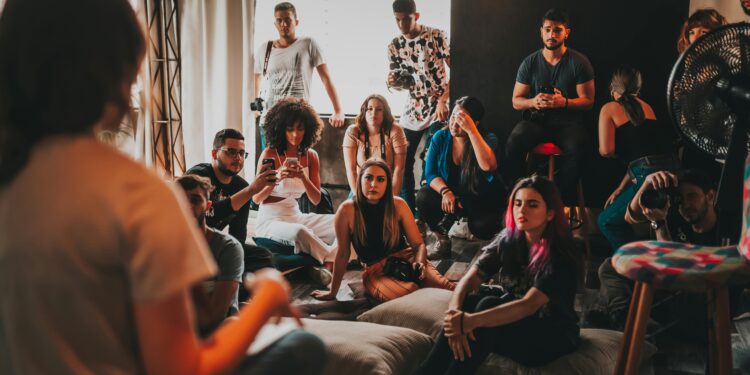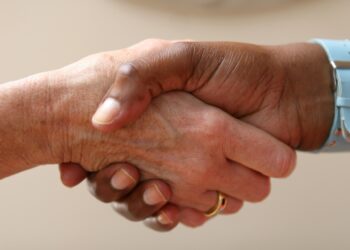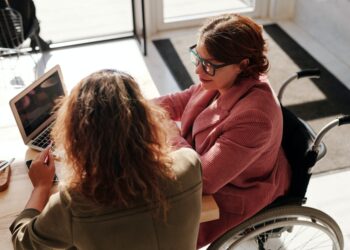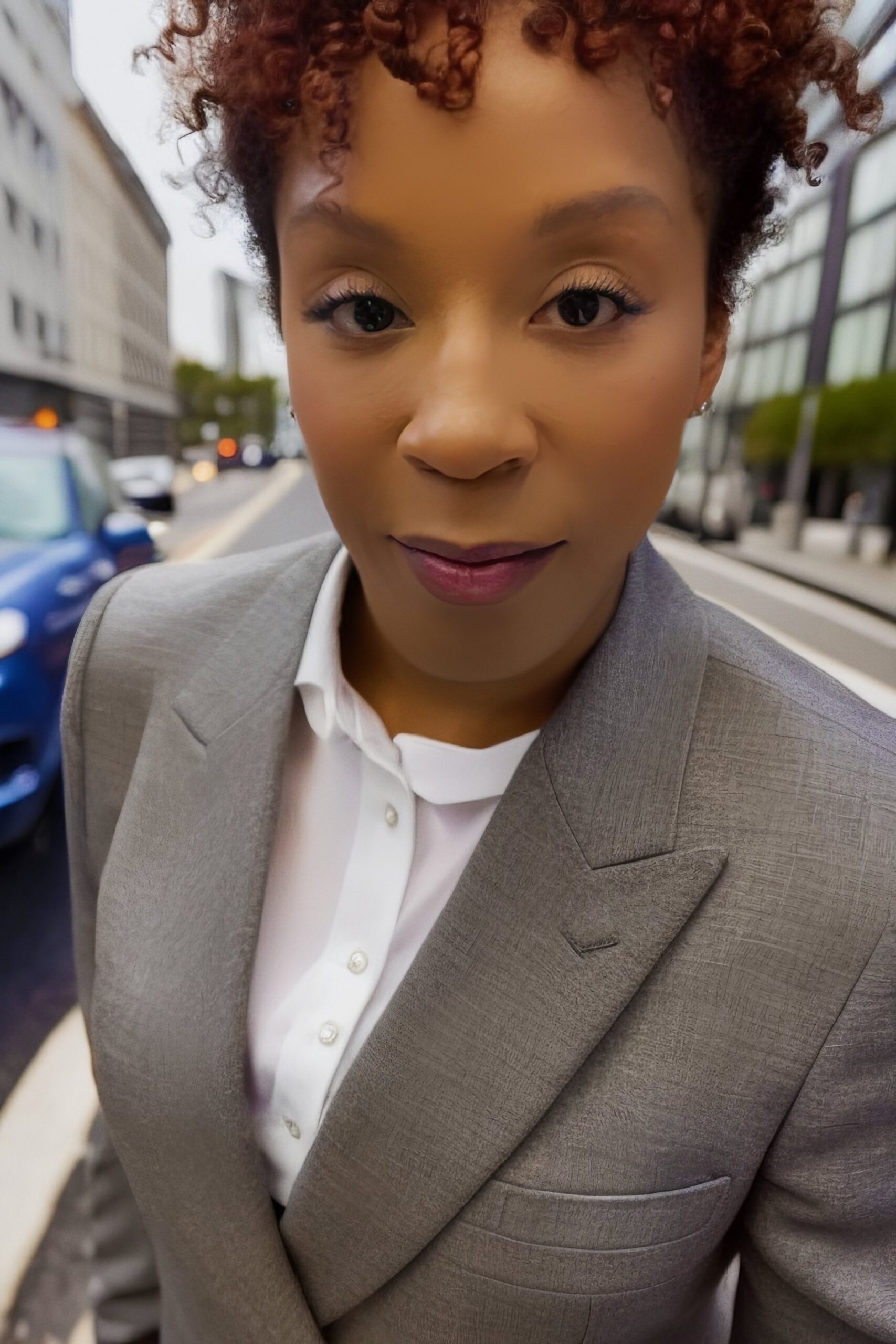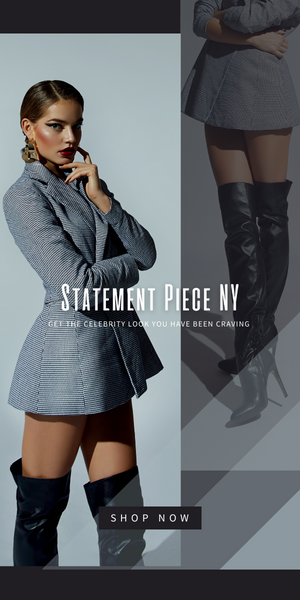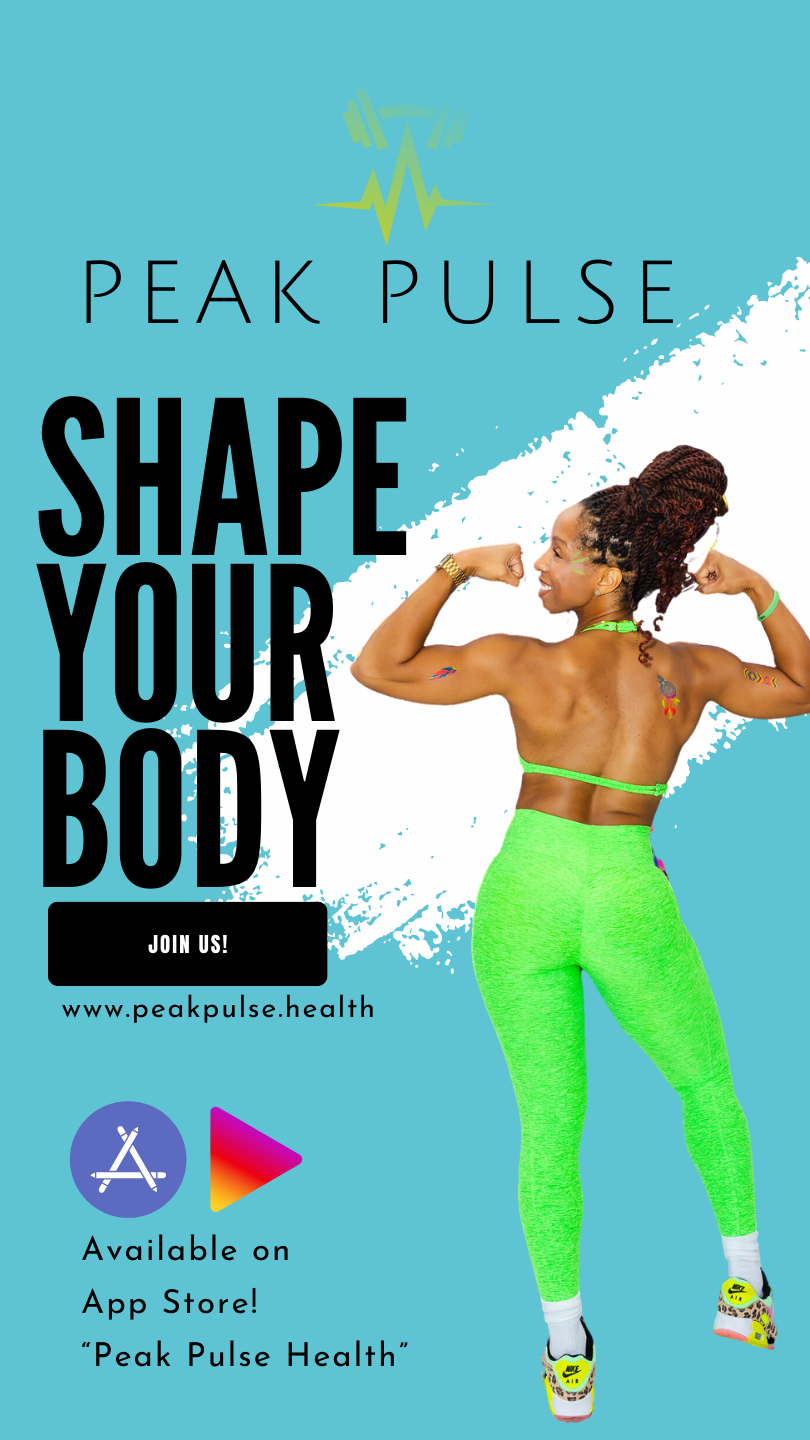The Vital Role of Health Education and Awareness
Hey, Teeny Dose fam! Today, we’re diving deep into a topic that’s close to my heart: community health and awareness. Strap in, because we’re about to uncover why educating our communities, especially in underserved areas, is an absolute game-changer for building healthier, happier futures.
Let’s kick things off with a reality check: health disparities are real, folks. In many underserved communities, access to quality healthcare is limited, and health education often takes a backseat. This leaves individuals and families vulnerable to preventable illnesses, chronic conditions, and even shorter life expectancies. But here’s the thing: it doesn’t have to be this way.
Enter the superhero of the story: health education and awareness. Picture this – a community where everyone knows how to spot the warning signs of common health issues, where folks feel empowered to take charge of their well-being, and where seeking medical help isn’t seen as a last resort, but as a proactive step towards a healthier life. Sounds pretty amazing, right? Well, it’s not just a dream – it’s a goal worth fighting for.
So, why is educating our communities so darn important? Let me break it down for you:
- Knowledge is Power: When individuals are armed with accurate health information, they’re better equipped to make informed decisions about their health. Whether it’s understanding the importance of regular check-ups, knowing how to manage chronic conditions, or recognizing when to seek medical help, knowledge truly is power.
- Prevention is Key: They say an ounce of prevention is worth a pound of cure, and ain’t that the truth! By educating communities about healthy lifestyle choices, preventive screenings, and early intervention, we can nip many health problems in the bud before they have a chance to wreak havoc.
- Breaking Barriers: Access to healthcare isn’t just about physical proximity – it’s also about breaking down the barriers that prevent individuals from seeking care. By fostering health literacy and awareness, we can help overcome cultural stigmas, language barriers, and socioeconomic challenges that often stand in the way of accessing quality healthcare.
- Building Resilience: Knowledgeable communities are resilient communities. When individuals understand the importance of good health practices and know where to turn for support, they’re better equipped to weather life’s storms and bounce back from setbacks.
Now, I know what some of you might be thinking: “But Shari, where do we even start?” Great question! Here are a few ideas to get the ball rolling:
- Community Workshops: Host workshops and seminars on topics like nutrition, exercise, mental health, and preventive care. Get local experts involved and make it fun, interactive, and accessible to everyone.
- Digital Outreach: In today’s digital age, the internet is a powerful tool for reaching wide audiences. Launch a blog (like Teeny Dose!), create engaging social media content, and leverage technology to spread health education far and wide.
- Collaborate, Collaborate, Collaborate: Building healthier communities is a team effort. Partner with local organizations, schools, healthcare providers, and community leaders to amplify your impact and reach.
- Lead by Example: As healthcare professionals, we have a unique opportunity to lead by example. Practice what you preach, prioritize your own health and wellness, and show your community what it means to live a healthy, vibrant life.
At the end of the day, folks, it’s all about empowerment. By arming our communities with knowledge, we’re not just changing lives – we’re transforming futures. So let’s roll up our sleeves, get out there, and make a difference, one teeny dose at a time.
Until next time, stay curious, stay empowered, and stay healthy!
With love and stethoscopes,
Shari
TeenyDose is your resource for navigating the healthcare world. Providing tips for patients who seek help with medical questions and for providers who need resources to help their patients best. If you love what you read here, don’t be selfish. Share it with your friends. We would love to hear from you if you have suggestions or wish to be a contributor.
Visit www.shariandrews.com and www.peakpulse.health for wellness solutions and personalized concierge services. I’m your partner in prioritizing health and making sense of your healthcare journey.

